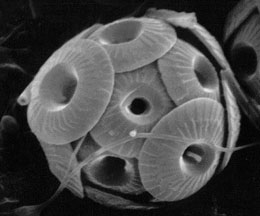This picture from an electron microscope shows a type of plankton. These plankton give off chemicals that have sulfur in them. The chemicals make tiny particles in the air. Those particles can change Earth's climate!
Click on image for full size
Image courtesy of NASA/JPL, photograph by Stefan Gartner.
Sulfate Aerosols from Plankton
Aerosols are tiny particles that float around in the air. Some are tiny drops of liquid. Others are solid. They are all very, very small. Some aerosols come from the ocean. Small particles of sea salt are thrown into the air by the spray from waves. Some microbes that live in the ocean give off chemicals that make aerosols, too.
Some types of plankton give off chemicals that have sulfur in them. These chemicals rise up into the air. They can turn into droplets of sulfuric acid! Chemical reactions in the atmosphere change this acid into various kinds of aerosol particles.
These tiny aerosols actually affect Earth's climate! Some particles reflect and scatter sunlight. Less sunlight makes it to the ground. That makes Earth just a little bit cooler. The aerosols also cause changes in clouds. They make it harder for the clouds to rain. Clouds that "hang onto" their water tend to last longer. Bright, white clouds also reflect sunlight away. That cools down Earth, too.
How can tiny microbes change the climate of a whole, huge planet? Remember that more than two thirds of Earth is covered by oceans. That means there are trillions and trillions of microscopic plankton floating around. Plankton are by far the biggest natural source of aerosols which contain sulfur.
You might also be interested in:
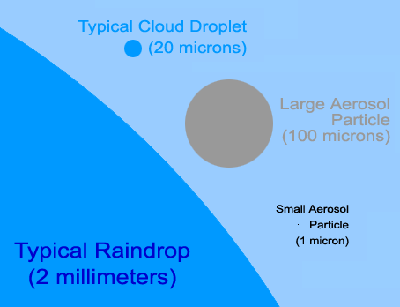
When you look up at the sky, you are looking at more than just air. There are also billions of tiny bits of solid and liquid floating in the air. These tiny particles are called aerosols or particulates.
...more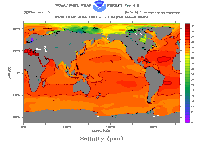
Almost 3/4 of the Earth is covered with water. Almost all of that water is in the oceans. Have you ever been swimming in the ocean? If you have and you accidentally got water in your mouth, you know the
...more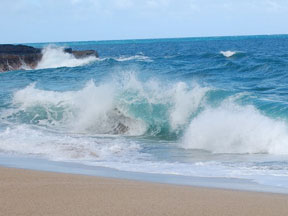
Have you ever been to the ocean? If so, you know that ocean water has salt in it. But did you know that air has salt in it, too? Many types of tiny particles float around in the air. Scientists call these
...more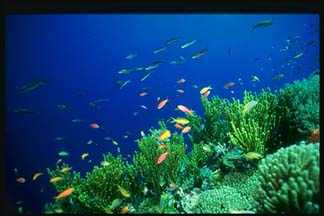
Members of the Kingdom Protista are an unusual group of organisms that were put together because they don't really seem to belong to any other group. Some protists look or act like plants, others look
...more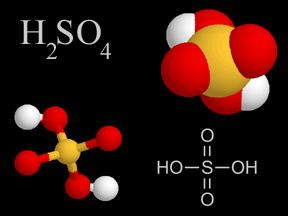
Sulfuric acid is a very common type of acid. Acid rain has sulfuric acid in it. Acid rain harms plants, fish, and other living things. A type of air pollution causes acid rain. When people burn fossil
...more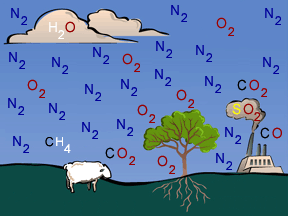
When you think of chemistry, do you think about mixing colored liquids in test tubes and maybe making an explosion... or at least a nice puff of smoke? Did you know that a lot of chemistry happens in Earth's
...more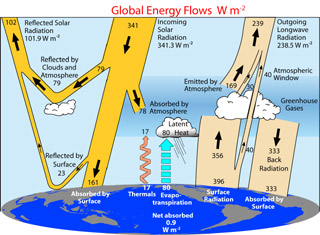
Light from the Sun shines on Earth. Some of that light reflects off clouds back into space. Some of the light makes it to the ground and warms our planet. The warm ground and oceans give off infrared (IR)
...more


